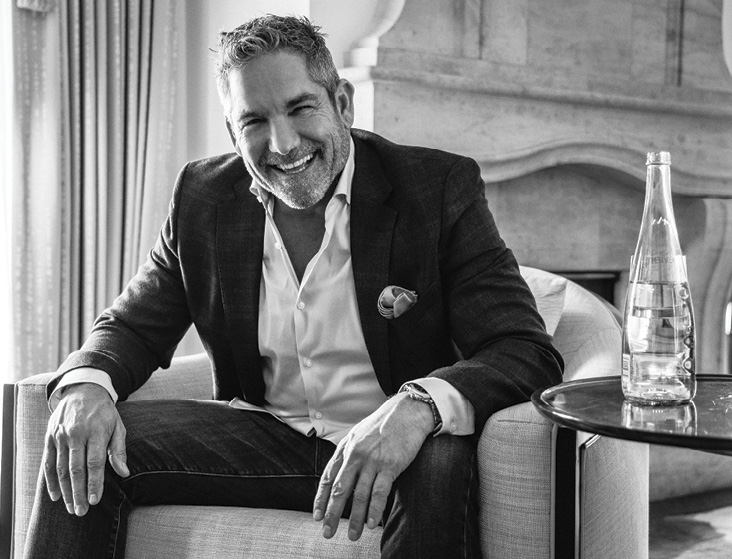Grant Cardone has gone from a car salesman to a businessman with $1.4 billion in assets under his management.
But he still thinks of himself as a salesman, and he’s arguably the best in the world. Before meeting him, I wouldn’t necessarily have characterized myself as a cynic. It’s just that I had a pretty good idea of what a salesman does: tries to sell you on something. So, if I had one goal going into the meeting, it was “don’t buy it.”
Cardone consults for multiple Fortune 500 companies. He offers financial and sales guidance to anyone through his training platform, Cardone University. He owns and operates seven companies with an annual profit of $150 million, and his real estate firm, Cardone Capital, holds $1.4 billion in assets. He’s an international speaker with 2.4 million Instagram followers and seven books to his name including a New York Times best-seller. All impressive, but I am a tough sale.
Our conversation in Dallas was sandwiched between same-day flights to Texas and back to his home of Miami. It included a few sales tropes that, out of the mouth of just about anyone else, probably would have made me bristle. The title of Cardone’s most popular book is If You’re Not First You’re Last, a sentiment I have never personally agreed with. Cardone also isn’t shy about taking commonly accepted motivational adages and shredding them like they’re less useful than the advice of a fortune cookie.
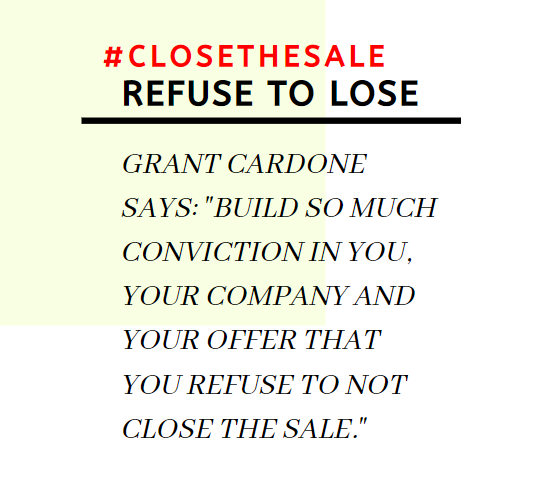
These are the types of conversations that usually put me on guard. And yet, put together, all his sales advice and turns of phrase and enthusiasm never really seemed to form a pitch. They formed a story. It was a story about a guy who hated sales. A guy who was bad at them. A guy who has experienced being rejected and who still seems to have complicated feelings about it even though his net worth suggests he should’ve long ago gotten over it. A guy who just wants you to take a risk when playing it safe keeps getting tougher and tougher.
It might sometimes sound like Grant Cardone has the tendency to speak in sound bites, but those words explain how he got from where he was to where he is now, and I don’t think I can tell his story without them.
* * *
“One of the great things that happened to me in my life was the car dealership, and one of the worst things that happened to me was the car dealership.”
— Grant Cardone
Cardone was 21 years old and standing in the unemployment line in Lake Charles, Louisiana, when his uncle found him. He had no money. He hated college, but was a year away from earning a degree. His uncle insisted that he take a job selling cars. Cardone responded that he didn’t go to college to sell cars.
“Well, you didn’t go to college to be in the unemployment line,” his uncle said. The next day Cardone was selling cars.
That is, he was showing up to a job at the car dealership. He wasn’t selling many cars. “I was a bad salesman, period,” Cardone says. It wasn’t about cars. By that point in his life, he’d already tried his hand at selling insurance and working in retail. He didn’t know how to build rapport with customers. He didn’t know how to find common ground with them. He didn’t want to ask uncomfortable questions.

If you’re reading this you probably have a hunch how this part of the story turned out: Cardone got better at those things, and he started selling cars.
It all started with a mentor he never met. One day Cardone came across a sales training tape by a Southern car salesman named Jackie B. Cooper. To that point, Cardone says, no one had ever shown him how to be a professional salesman. The idea that there could be a method to selling cars was a revelation.
“I listened to that tape until it broke,” he says. The only part of the tape that wasn’t worn out was an 800 number printed on it that he called asking for more materials. He could buy more for $3,000. “I borrowed the money from my mother and that turned my whole life around.”
The tapes prepared him for every possible sales scenario. He started showing up to the dealership early. “I was rehearsing what would happen each day,” he remembers, now over 35 years later. “I would do [that for] 45 minutes to an hour.” This segued into his natural proclivity for teaching. The rest of the sales team started to notice that the weird guy who was practicing his sales every morning was selling 15 to 20 cars a week, an almost unfathomable rate. Soon enough, they were joining him in his morning rehearsals, everyone role-playing a specific possibility. “The more I helped, the more I learned,” Cardone says.
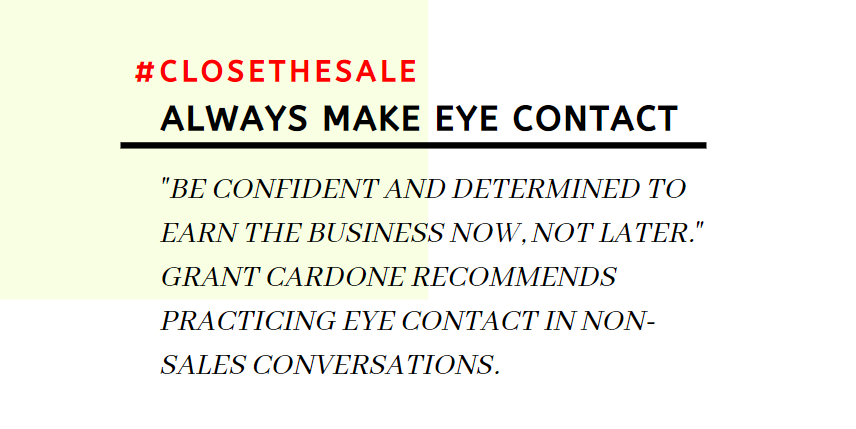
“The make or break point for me was committing to something I don’t like. I realized that there was nothing else that anybody was going to hire me for.”
* * *
“People say, ‘Oh, take baby steps.’
Not even a baby does that. A baby runs before he walks.
He’s taking a lot of risks.”
—Grant Cardone
If you ask Cardone, growth is a product of risk. He doesn’t seem to have patience for people who remain static and justify it as being responsible. To him, it’s irresponsible. “People grow up and they’re taking less risks when they’re 25 than when they were two and a half, and what happens is they’re getting stuck in the same problems.”
These ideas are the basis behind Cardone’s most famous concept and the title of his 2011 book, what he calls “The 10x Rule.” In one sense, it states that whatever you hope to accomplish will likely take 10 times your current effort, but perhaps more notably, it suggests that whatever your current goal is should probably be multiplied by 10.
On the surface this might sound obvious: Try hard and shoot high. But to Cardone it’s the only way to find new answers to recurring questions. “Maybe the question you’re asking doesn’t solve your problem,” Cardone suggests. Imagine you own a small company and you are concerned with how to keep your 10 employees motivated. The 10x Rule argues that you should be trying to figure out how to get to 100 employees. The actions you’d take with this goal would either solve or move you past your current problem. What milestones would you need to hit to accomplish this? What would budget allocation look like for 100 employees? “It gets you concerned about a new set of problems.”
This is more than the rhetoric of hopeful ambition; to Cardone it’s the only solution to the realities of socio-economics in America. Cardone claims that Google uses the 10x Rule, but for them, the formula is simple because of the capital they already have: Wherever the company wants to scale up only requires purchasing the resources to do so. “That’s what creates this massive disparity because the guys at the top of the food chain are playing by such a different set of rules,” Cardone says. Small businesses with few employees can’t just survive in this environment. They have to grow.
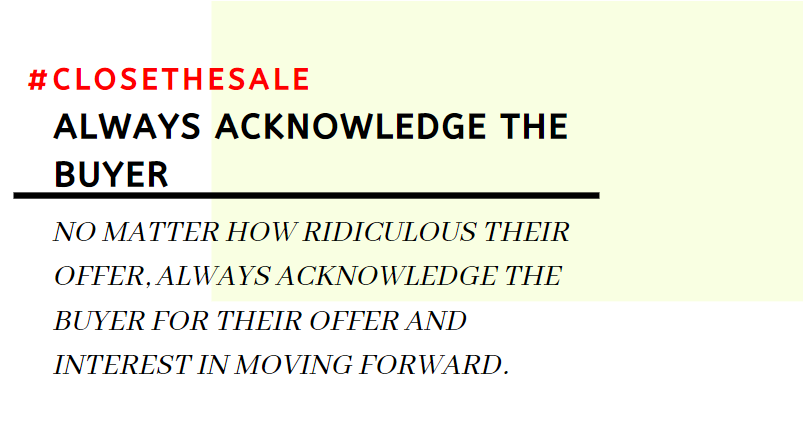
“You quit thinking about the problems of a car salesman and start thinking about the problems of a businessperson.”
* * *
“Last impressions are more important than
first impressions.”
—Grant Cardone
My preconceptions aside, Cardone never hit me with the line about the A.B.C.’s of sales: Always Be Closing. He didn’t look me in the eye and tell me that coffee is for closers. Actually, he made it pretty clear that the most important part of a sale usually takes place after you failed to close a deal.
“The score is in the follow-up,” he says. Anyone can claim to have perseverance before they’ve been rejected, but assuming that you put your best foot forward, success can feel like a real long shot once you’ve heard no.
Cardone has heard his fair share of no’s. He estimates that the average sale takes place on the seventh or eighth call-back. Of course, he doesn’t always hear “no” initially. Sometimes he is ignored altogether.
Cardone’s marriage to his wife, the actress Elena Lyons, might be his greatest source of pride. But they both confirmed to me that she was less than interested the first time he tried to ask her out.

“I thought he was totally arrogant,” says the now Mrs. Cardone. “He was like, ‘People’s lives tend to get better when they’re around me.’ It was just so cheesy.”
It took him 13 months to convince her to give him a shot, shedding a layer of that cheesiness with each new attempt. They’ve now been married for 15 years.
Cardone is a paradox in some ways: If you press him enough, his words might actually read as vulnerable even if he delivers them confidently. He manages to name-drop in a story about being rejected. He told me that the weekend before our interview, he flew to Las Vegas where he was granted an audience with Floyd Mayweather Jr., a professional boxer with a net worth of over $550 million. Mayweather isn’t exactly known for his humility, and Cardone couldn’t hold his attention long enough to really talk business. Mid-conversation, Mayweather decided that he wanted to leave to go shopping, which in that exact moment, might have felt humiliating to a lot of people in Cardone’s shoes. “I had him and I lost him,” Cardone says. “I have to walk away. But when I walk away I can’t walk away forever. I have to follow up.”
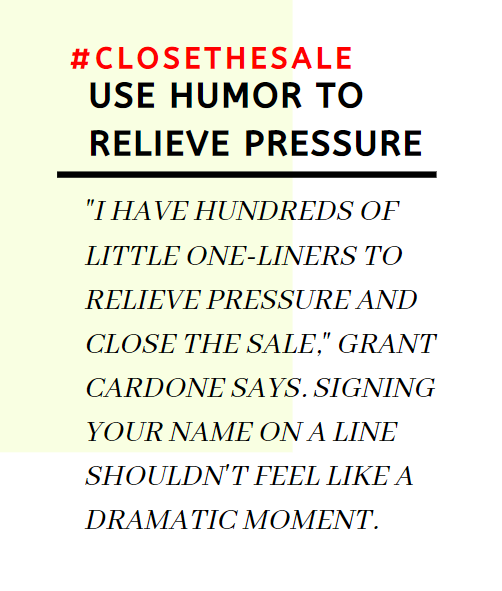
He points out to me that even coming to SUCCESS headquarters was a potentially intimidating experience. “I’ve got to meet new people; it’s a new environment,” he says. “There’s insecurities in all of that stuff with all of us.” Overcoming these insecurities is less about confidence and more about the knowledge that rapport is built over time. So are relationships.
The follow-up isn’t all about closing. It’s about knowing that you’re going to have imperfect experiences with people, but you can address them, fix them, or overcome them by following up.
* * *
“It is more work to not succeed than it is to succeed. I’ve done both.”
—Grant Cardone
There was one thing Cardone truly disliked about his time selling cars. “I didn’t like that nobody trusted me,” he says. “They approached you with complete disdain and distrust. I wasn’t there to cheat anybody, hurt anybody, rip anybody off.”
It reminded him of being a busboy at a country club as a 17-year-old and naively thinking the typical patron would give a simple “thank you” for his service. That rarely happened, and the lack of recognition hurt him to the degree that he referenced it more than once in our conversation before quickly moving on.
These experiences made Cardone determined to change his circumstances. Sometimes complacency is a lie, and he refuses to believe it. If he’s sure of one thing, it’s that small-think is more difficult than big-think. “It’s so hard to fail,” he tells me. “Failing is so difficult.”

It’s not that he doesn’t relate to people who are just trying to get by. It’s that he deeply relates to them. While ignorant people throw around accusations of laziness, Cardone knows that the ones just getting by are working the hardest. That’s the point.
When I spoke to Cardone’s wife, she told me about a particularly tough time in their lives. The Great Recession was a chaotic time for people who had taken what previously seemed like smart financial risks, and the couple was seriously affected. Around the same time, they were betrayed by someone they considered a friend resulting in another financial blow.
She was pregnant with their first child, which meant no acting roles to supplement their income. She remembers Cardone staring at breaking financial news of the Lehman Brothers collapse on television, white as a ghost. She’d never seen him scared, and asked what the news meant. “It means we’re dead,” was his response.
She pointed to the life inside her belly and asked him if it looked like death. “From that first phone call you said that people who hang out with you, their lives tend to get better,” she threw back at him. Cardone locked himself in his home office for hours. When he came out he handed her a manuscript for his first book, Sell or Be Sold. He told her, “It won’t make us rich, but I know what I have to do and I will never make you worry about money again.” Together, they spent the next decade making the sacrifices necessary to build the empire that they have today.
* * *
“People who say that money won’t make them happy probably ain’t got any.”
—Grant Cardone
We don’t all work in sales.
I’m a freelance writer, and I’d argue that if I were trying to sell you something with my words, I would be working in advertising where the pay is generally better. Even so, Cardone insists that he and I have very similar goals, even when I think I’m applying some vague integrity to the work I create.
“We’re all trying to create some kind of art because we’re all trying to create an effect of some sort,” he says. “We’re all vying for the attention units of an individual.” Perhaps he’s right. You could argue that there is some sort of salesmanship applied to your work the second you consider anyone outside of yourself experiencing it.
And like with most people, there’s still a transactional element to my job. Some percentage of my time is spent pitching stories to editors. It’s something I try to treat like a dialogue between two creatives, perhaps for my own sanity, but Cardone assures me it’s a sale. And it’s one in which the outcome is consequential to my quality of life. “As long as you’re doing what you like to do, the more you get paid the more you’ll like your work,” he says. “If you’re not doing the thing you want to do, no amount of money will solve that problem.”
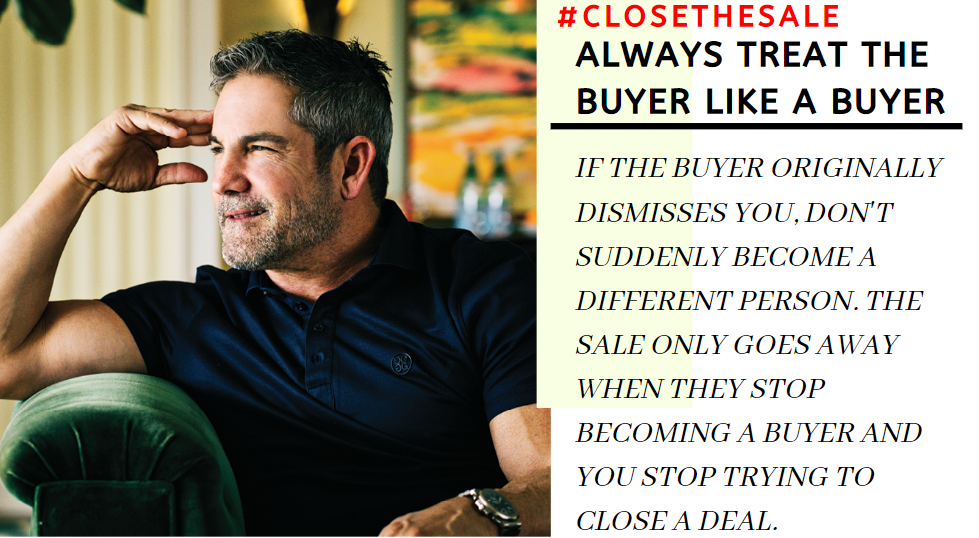
In the few weeks since our conversation, I’d be lying if I told you I hadn’t thought about a few of the things we talked about. In the time I spent with him, there really wasn’t anything he said that I pushed back against, which I was prepared to do going in. He probably knows that he’s a likable guy in-person, but he’d argue he didn’t persuade me of anything. He says that’s not the way he thinks of selling.
See, Cardone’s strategy involves a lot of transparent, honest questions. “I’m not trying to do any tricks with people.” If you tell him no, you might have to be prepared to tell him why.
Why aren’t you doing this?
Do you not trust me?
Do you not have the money?
Do you not trust yourself?
We all think that we need a good reason to do something. Cardone expects you to have a good reason not to do something. Is that the same as persuading you to do it? Or is it simply being a conduit to the decision you really want to make if you gave yourself the permission?
Cardone didn’t bring any of this up to me. He firmly believes that we learn more from success than failure. He wants to repeat his successes, so he studies them and replicates them. He reminds me that you can’t afford to learn from failure in real estate or banking. “If you learn to drive by failing then you’re going to wreck,” he says.
While that may sound like a matter of perspective, the manuscript that Cardone wrote during one of his darkest moments wasn’t about failure. It was about success. “The failure just reminds me of all the doubt and all the people that laughed at me and didn’t believe in me,” he says. Maybe rejection does still hurt Cardone, but he’s striving after so many different versions of success that a rejection or a failure is less of a teachable moment and more of a blip on the radar.
Related: How to Bounce Back in 7 Steps, According to Grant Cardone
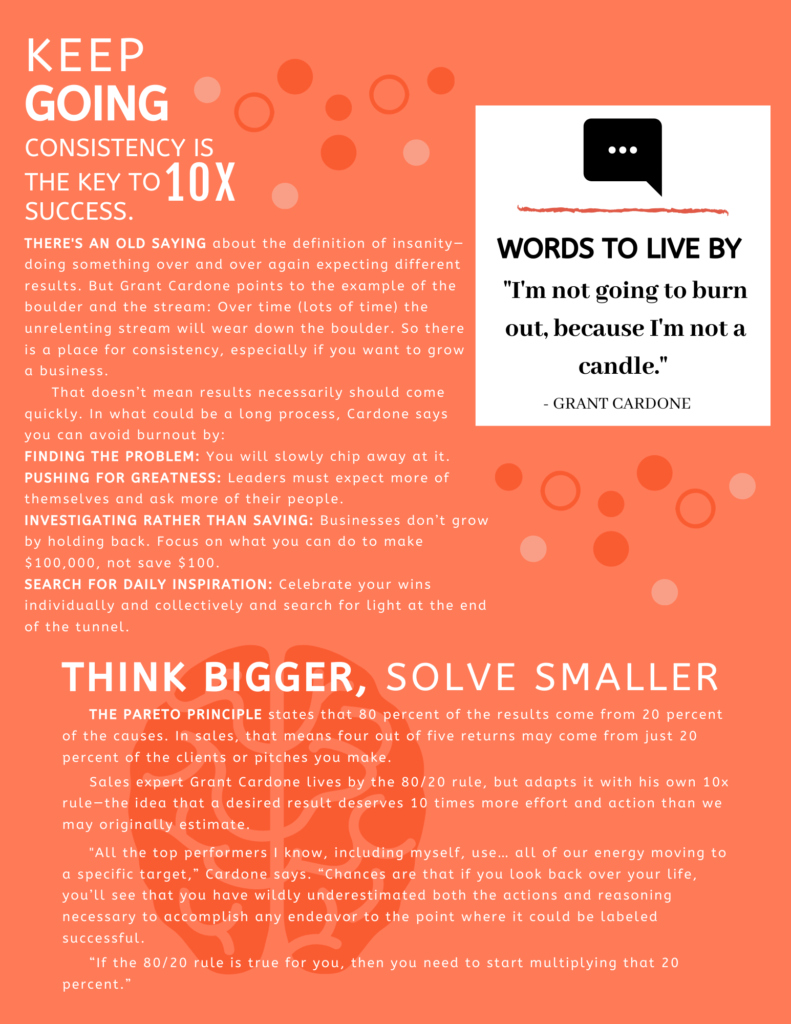
This article originally appeared in the January/February 2020 issue of SUCCESS magazine.
Photos by ©Ray Kachatorian



